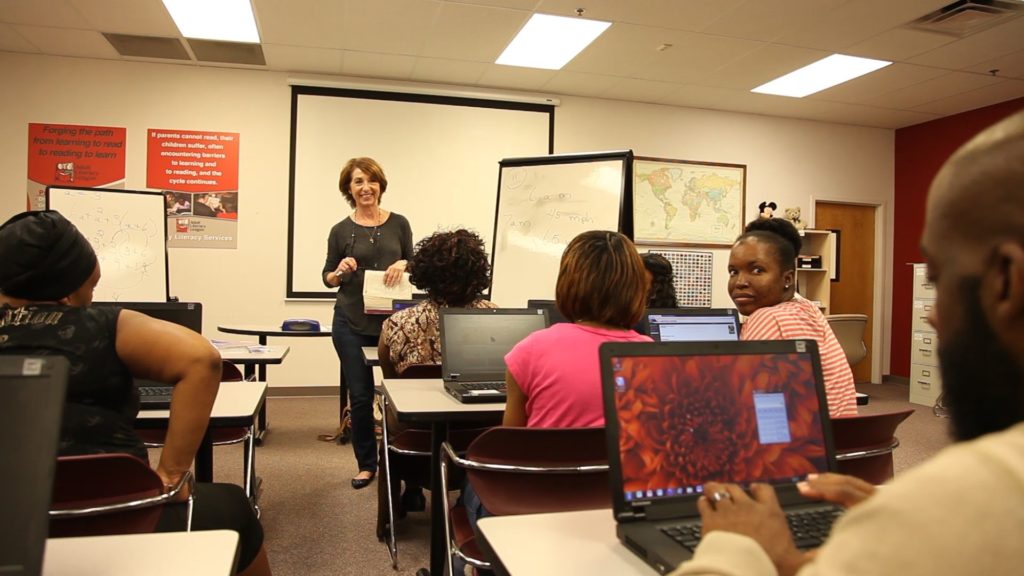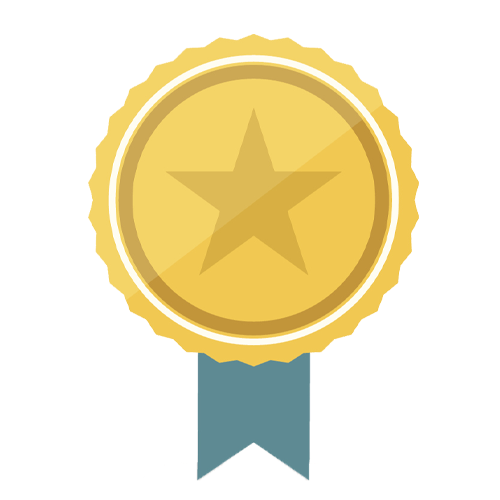
Kenneth Marshall never thought the day would come when he would hold in his hands a diploma displaying his name. And from the moment the Orlando resident passed the General Equivalency Exam (GED) last December, his life changed forever. With plans to go to college and pursue a career in social services, it’s a rebirth for Marshall, who cannot wait for the next chapter in his journey to begin.
“I really want to give back,” he beams about his future.
It’s people like Marshall who make the work of the Adult Literacy League (ALL) worth every minute. “When I walked into the Adult Literacy League, I was like a kid in a candy store,” he says. “They allowed me to gain the motivation and enthusiasm to enjoy what was available at every level.”
It is also people like Marshall who have helped spawn a new concept at ALL, one that is now helping more residents than ever realize their dreams of earning their diplomas. ALL’s all-new GED Lab 2014 coincides with the new 2014 National GED Program, which comprises more features and benefits, but is harder to pass.
Joyce Whidden, ALL executive director, says while the non-profit has been helping students to study, take and pass the GED for years, it was never an official entity. But after a pilot program in 2013, in which Marshall participated, she decided it was time to launch the lab. Last year, ALL helped nine students earn GEDs. This new approach will be able to triple that number — at the very least. “We plan on teaching six to eight students at a time for three months each,” she says.
One of Marshall’s tutors, Francesca Mathews, who has been volunteering with ALL for eight years, is one of four instructors in the new lab. “Tutoring is very gratifying,” she says. “After the first student, I realized this is a big deal. It is so life changing for them.”
Whidden says the lab offers individualized and highly personalized instruction, as opposed to other self-directed prep and practice classes. “Many of our students would not succeed in that environment,” she says. “We want them to be successful.”
The cost to take the entire GED exam has risen to $130 (up from $70) and each piece is $26 for a section retake. To pay for the testing, materials, and laptops — the new GED program is entirely online — Whidden has turned to crowd funding at Indiegogo.com. “The students do not pay for anything,” she says. “So we are looking to the public to sponsor these students.”
It’s not unprecedented in Orlando: The idea worked well for the University of Central Florida College of Medicine at which each inaugural doctoral student received a full ride via public sponsorship.
“You could sponsor a student and know, for example, that you have helped a single mom, with a minimum wage, dead-end job turn her life around,” says Mathews.


